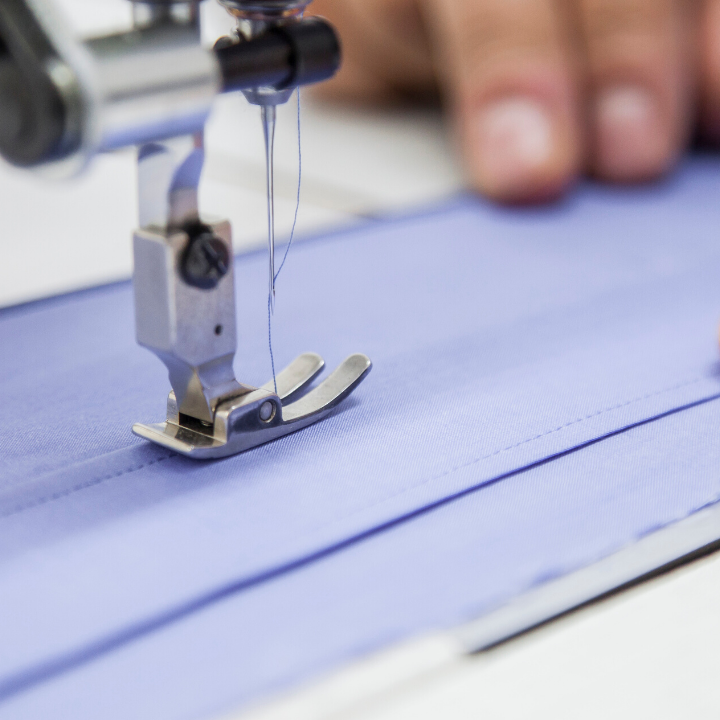USA: Human rights activists and labour leaders call for stringent enforcement as Uyghur product ban set to take effect in June 2022

Canva
"Supply Chains Widely Tainted by Forced Labour in China, Panel Is Told" 11 April 2022
Human rights activists, labour leaders and others urged the Biden administration on Friday to put its weight behind a coming ban on products made with forced labor in the Xinjiang region of China, saying slavery and coercion taint company supply chains that run through the region and China more broadly.
The law, the Uyghur Forced Labor Prevention Act, was signed by President Biden in December and is set to go into effect in June. It bans all goods made in Xinjiang or with ties to certain entities or programs that are under sanctions and transfer minority workers to job sites, unless the importer can demonstrate to the U.S. government that its supply chains are free of forced labour. [...]
The law requires that a task force of Biden administration officials produce several lists of entities and products of concern in the coming months. It is unclear how many organizations the government will name, but trade experts said many businesses that relied on Chinese factories might realize that at least some part or raw material in their supply chains could be traced to Xinjiang. [...]
Supply chains for solar products, textiles and tomatoes have already received much scrutiny, and companies in those sectors have been working for months to eliminate any exposure to forced labour. By some estimates, Xinjiang is the source of one-fifth of the world’s cotton and 45 percent of its polysilicon, a key material for solar panels.
But Xinjiang is also a major provider of other products and raw materials, including coal, petroleum, gold and electronics, and other companies could face a reckoning as the law goes into effect.
In the hearing on Friday, researchers and human rights activists presented allegations of links to forced labour programs for Chinese manufacturers of gloves, aluminium, car batteries, hot sauce and other goods. [...]
Companies and trade groups said they were willing to follow the restrictions but wanted to avoid unnecessary harm to their businesses. [...]